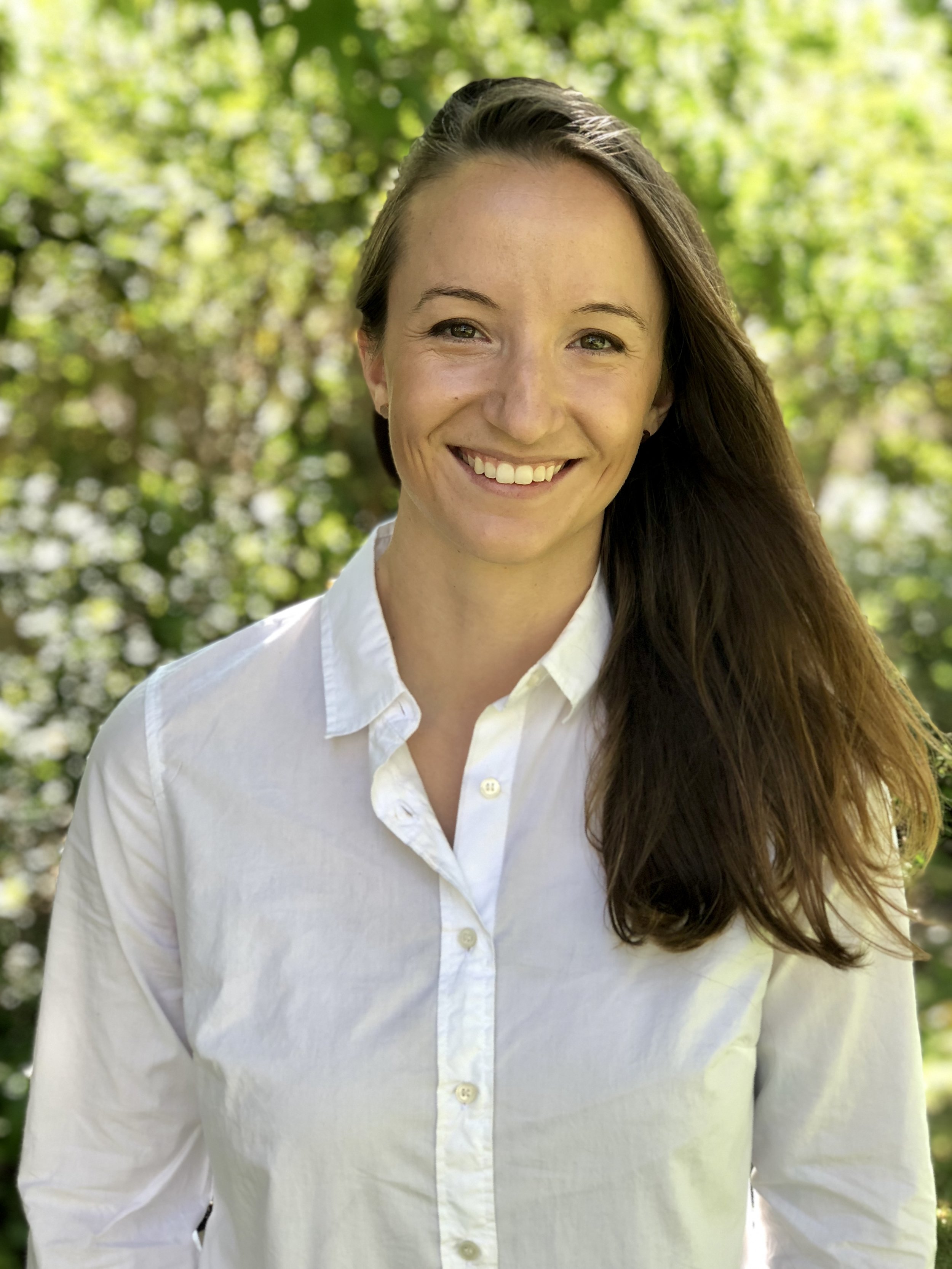Dr. Ashley Juavinett
Unlike many professors at large research institutions, Dr. Ashley Juavinett’s primary focus is not on lab work, but instead on teaching. Ashley “likes to know what’s happening in [the research] world,” but her main goal is predominantly pedagogical. As a Teaching Professor of Neurobiology at the University of California, San Diego, she is investigating how students interact with neuroscience concepts, with the intention of applying this work to the way we as a field teach neuroscience. However, her path to teaching—and, indeed, to neuroscience—was not always clear.
Dr. Ashley Juavinett
Teaching Professor Department of Neurobiology, University of California San Diego
Postdoctoral Fellow Cold Spring Harbor Laboratory
PhD in Neuroscience University of California San Diego
As a high schooler, Ashley knew she was interested in figuring out the underlying causes of people’s behavior, both her own and others’: why do people do what they do? She also knew early on that she enjoyed science, so a path to either neuroscience or experimental psychology seemed inevitable. However, Ashley came from a middle-class, blue-collar background where academia was not a common path to take. It was only with the help of a “choose your major” quiz that she ultimately chose to pursue neuroscience as an undergraduate.
Though she had a few summers’ worth of research experience, Ashley knew that she wanted to be “on the periphery of science” rather than engaging in full-time research. At the time, she also felt like she wanted to give back to the world in some way, so she considered joining the Peace Corps. However, feeling unsure about her next steps (and having some trepidation about moving to sub-Saharan Africa), she turned to a long-time mentor: her high school guidance counselor, who gave her advice that has continued to resonate with her throughout her career. She encouraged Ashley to think long-term, advising her that if she advanced in her career and got to a higher stage in academia, she could influence many more people. Ashley considered pursuing a joint degree in law and policy, but ultimately couldn’t stay away from science: she chose to pursue her Ph.D. in neuroscience in Ed Callaway’s lab at UCSD, where she both studied mouse visual cortex and remained deeply committed to science communication and education. During graduate school, she co-founded NeuWrite San Diego, a science communication project that enlists scientists to write about the brain in an open, accessible way, and also sought out multiple teaching opportunities with both high schoolers and undergraduates. She carried her love of science communication through her postdoc position with Anne Churchland at Cold Spring Harbor; as a columnist for Massive Science, she creatively connected neuroscience to topics that ranged from gender identity to mental illness.
Throughout both undergraduate and graduate school, it took Ashley time to feel fully acclimated to life as an academic. Her guidance counselor, who encouraged her to think about her potential very early on in her career, somewhat unconventionally helped her learn to feel more comfortable in the new world of academia. They often went to dinner together, usually at nice restaurants—through these dinners, Ashley was able to learn many “unwritten rules” of a world she had not previously been exposed to. Her guidance counselor provided a safe space for her to comfortably learn how to hold herself in a new environment, which went on to engender confidence in the lab, too. These dinners were a “huge part of leveling the playing field,” she says. “There has to be a space for that to happen early on for everybody.”
Ashley provides the same kind of patience and kindness to her students as her guidance counselor did for her. “A big part of science is making mistakes,” she says. “You think that people walk in knowing exactly what they’re doing, as if they were born knowing how to record [neural activity] from visual cortex, and you assume you’re behind. But everybody learned at some point.” Through her teaching position at UCSD, she teaches five to six courses year-round, working constantly and consistently to make neuroscience accessible for her students.
She is also writing a book, tentatively titled “So You Want to Be a Neuroscientist?” Modeled after Ramon y Cajal’s “Advice to the Young Investigator,” the book is meant to illuminate a path to academia for those who, like Ashley, did not find such a path intuitive. She hopes the book “will tell you most of what you need to know” to get through graduate school and become a neuroscientist. She sees science in a growth-oriented manner and hopes her students and those who read her book will, too. Ashley is consistently leading by example, showing that one does not have to be on the frontlines of neuroscience research to have an impact on the field. Her work—both her teaching and her book—exemplifies her drive to make neuroscience accessible, and proves that, ultimately, her guidance counselor was right: her impact as a professor, a neuroscientist, and a science communicator is far-reaching.
Listen to Megan’s full interview with Ashley on February 19, 2019 below!



